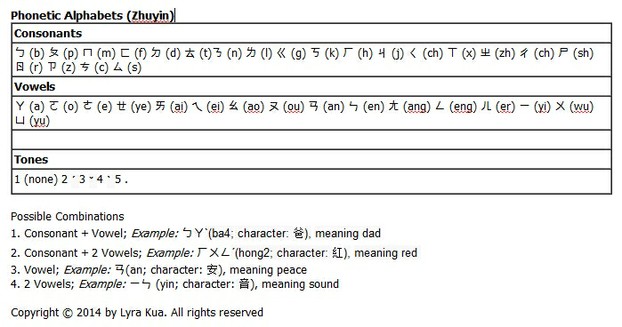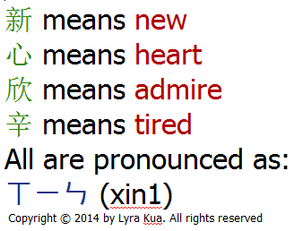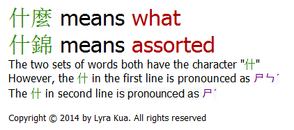Being born and raised by Chinese parents in a foreign country allowed me to be exposed to both my ancestors' native tongue and local tongue. Not only did I have to learn Chinese and Filipino in school, I also had to learn English. The experience had taught me about the different sentences structures and compositions in different languages, which was what I found to be very interesting.
However, most of my classmates were not interested in Chinese (despite that being the language of their ancestors as well). The funny thing was, Filipinos seemed to be more interested in it than the people with the heritage. Even Americans and other foreigners from different parts of the world were more willing to study it.
Chinese is indeed complex and had specific features not found on other languages. Most of the curriculum in Chinese schools here in the Philippines implement rote memorization as the main method of instruction - which unfortunately ruined many learners' motivation in acquiring the language.
Yet learning Chinese need not to be boring and dull. It is a beautiful language that exists for a long time. Hence, I decided to write about it with the hope of sparking people's interests. This page will just be a brief background about Chinese language to give interested learners a quick reference.











 Sun Protection 101on 09/26/2014
Sun Protection 101on 09/26/2014
 What are BB Creams?on 09/25/2014
What are BB Creams?on 09/25/2014
 Chinese Tea Ceremonyon 09/04/2014
Chinese Tea Ceremonyon 09/04/2014
 Guide to Chinese Dim Sumon 08/16/2014
Guide to Chinese Dim Sumon 08/16/2014



Comments
One advantage of Chinese characters is that modern Chinese find no difficulty reading ancient Chinese scripts. Whereas because English words give a clue to pronounciation, the spelling has changed drastically over time to the way the pronounciation has changed.
Thank you for visiting my page. Your kind words made my day.
Very nice article. Your writing style is beautiful, even for a native English speaker. I never would have guessed, by your writing, that English is not your first language.